Abreaction
Van Hove performed « Abreaction » during the festival (performed previously in other cities such as Shanghai). During the performance he writes with chalk a continuous line of ‘automatic’ responses to the environment on the ground in a public space, in this case the Noord Street market. Using French as the main language the text was directly accessible to only a few, the overall action to many. Van Hove had invited aspiring writer Frans Radebe to respond in his language and take over the writing once he had reached one side of the market.
–––––––––––––––––––––––––––––––––––––––––––––––––
Common ground
“Common Ground”, a performance piece which was realised in the old Synagogue in Hillbrow, bordering Joubert Park. The synagogue has not been used for its original purpose nor has it been accessible to the public for the last decade. Van Hove’s interest in the question of territory, human rights and occupation led to a two hour long performance during which he wrote hundreds of synonyms of ‘common ground’ on the floor of the Synagogue. The performance was filmed and projected during the festival in the underground shooting range at the Drill Hall.
–––––––––––––––––––––––––––––––––––––––––––––––––
Common Ground
Abandonned Great Synagogue of Wolmarans Street, Johannesburg, South Africa
« If the day comes when the two-state solution collapses,
and we face a South African-style struggle for equal voting
rights (also for the Palestinians in the territories), then,
as soon as that happens, the State of Israel is finished ».
Ehud Olmert, Prime Minister of Israel, Haaretz.com – 29/11/2007
“I learnt all the words worthy of the court of blood
So that I could break the rule.
I learnt all the words and broke them up
To make a single word: Homeland.”
Mahmoud Darwish, excerpt from I come from there.
« Palestinians in East Jerusalem, often the city of their birth, are not considered citizens but immigrants with « permanent resident » status, which, some have found, is anything but permanent. In the old South Africa, a large part of the black population was treated not as citizens of the cities and townships they were born into but of a distant homeland many had never visited. « Israel treats Palestinian residents of East Jerusalem as immigrants, who live in their homes at the beneficence of the authorities and not by right, » says B’Tselem. « The authorities maintain this policy although these Palestinians were born in Jerusalem, lived in the city and have no other home. Treating these Palestinians as foreigners who entered Israel is astonishing, since it was Israel that entered East Jerusalem in 1967. » Chris McGreal, World’s apart, The Guardian, Monday 6 February 2006
“Israeli governments reserved 93% of the land – often expropriated from Arabs without compensation – for Jews through state ownership, the Jewish National Fund and the Israeli Lands Authority. In colonial and then apartheid South Africa, 87% of the land was reserved for whites. The Population Registration Act categorised South Africans according to an array of racial definitions, which, among other things, determined who would be permitted to live on the reserved land. Israel’s Population Registry Act serves a similar purpose by distinguishing between nationality and citizenship. Arabs and Jews alike can be citizens, but each is assigned a separate « nationality » marked on identity cards (either spelled out or, more recently, in a numeric code), in effect determining where they are permitted to live, access to some government welfare programmes, and how they are likely to be treated by civil servants and policemen.” Chris McGreal, World’s apart, The Guardian, Monday 6 February 2006
This work reflects on the various and complex historic interrelations and contemporary analogies that exists between Apartheid South Africa and the State of Israel. It is based on various sources, chiefly two well-written texts titled « Worlds apart » and “Brothers in arms – Israel’s secret pact with Pretoria” by Chris McGreal, published in The Guardian in 2006, echoed by Idith Zertal’s “Lords of the Land” (2007). It is staged in the abandoned Great Synagogue of Wolmarans Street in Johannesburg, built in the late 19th century along the designs of the Haggia Sofia Church, an icon of Byzantium. I am reminded of the passages in Edward Said’s book Freud and the Non-European where he suggests that Jews and Palestinians might find commonality in their shared history of exile and dispossession, and that diaspora could become the basis of a common polity in the Middle East. Diaspora, homeland and bantustan, occupied territories, abandonment, stateless, refugees, exiles, expatriates and immigrants… Considering what seem at the crossing of terminology and topology, where lies and viewpoints often serves as self-deluding wordplays, the intervention is intended as a proof by contradiction, an apagogical argument taking the form of a list of synonyms of synonyms spanning from the word “dispossession”. Using white chalk, I wrote that Reductio ad absurdum on the dark wooden floor of the deserted Synagogue, as a prayer to an abandoned authority, or a call to forsaken good-sense and forlorn sound judgment. If a house of religion is a place where one faces one’s truth, an abandoned house of religion is perhaps a place where one faces one’s abandoned truth.
Eric Van Hove
Excerpt from the list installed on the floor in white chalk:
–––––––––––––––––––––––––––––––––––––––––––––––––
“Spring is rebellious”
“Life transcends all structures, and there are new
rules of conduct for the soul. The seed sprouts
anywhere; all ideas are exotic; we wait for
enormous changes every day; we live through the
mutation of human order avidly: spring is rebellious”.
Pablo Neruda
weak for one or another reason quickly means becoming a target for one or another reason. Last but not least, the dynamics of survival in place makes locals extremely aware and attentive to any changes of mood or unknown occurrences in the public space. At the midst of all this is the object of the cellphone: simultaneously what thieves will attack you for, what enables you to call for help, what makes you reachable in case of emergency, and what connects you to your family or group;
everybody has one.
In this context, the proposed project is to create a cellphone-based network that has no territorial, commercial, ethnic or religious significance, and which only exists for itself, overlapping all other established urban categories. In what is often felt to be a ‘lose-lose’ situation, its purpose is simply to allow for temporary escape from the system, breakouts from the reality of a segregated established order of power, by running conceptual flash mobs custom designed for specific streets of the neighborhood, and aimed at delivering periodic, poetic or metaphoric messages to the local population. These sudden and punctual emergences of an unknown network, simultaneously threating and playful, aim at energizing the social urban landscape for a cause of common good.Technical aspects:
It is very simple. I will make a list of phone numbers of all people willing to participate. Using a free shareware downloaded from the Internet, I will send mass sms to all the numbers collected giving a precise time, and place where the action is to take place, plus a short description of the action to make. Each action lasts 10 seconds. Once the action is made, everybody leaves the area rather fast and go back to their activity as if nothing happened.
The most important/challenging thing is that everyone HAS to be there on time. If you are 10 seconds too late, you miss it. If new people want to participate, they can join the information list by sending an sms to my number: 0796699007.
Finally, if you have an idea for an intervention specific to a street you think would be interresting, let me know, and we’ll try to implement it.
Eric Van Hove
–––––––––––––––––––––––––––––––––––––––––––––––––
In Urban Scénos Labellevirtuelle
–––––––––––––––––––––––––––––––––––––––––––––––––
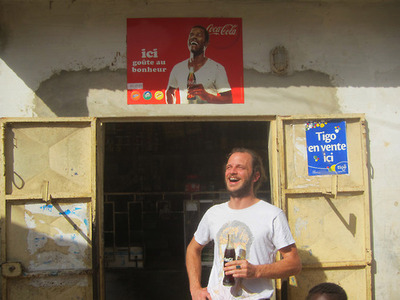
Ici, goûte au bonheur
–––––––––––––––––––––––––––––––––––––––––––––––––
Eric Van Hove
Belgique
Artiste / artiste
né en 1975 à Guelma, Algérie, Éric Van Hove est un artiste conceptuel, poète et voyageur belge élevé au Cameroun. Il est basé à Bruxelles. Sa pratique est pluridisciplinaire allant de l’installation à la performance, la vidéo, la photographie et l’écriture. Parfois insubstantielles et subversives, ses interventions poétiques conceptuelles réfèrent et recoupent souvent de manières simultanées des questions sociologiques, politiques et écologiques propres à l’espace-temps où elles s’inscrivent.
–––––––––––––––––––––––––––––––––––––––––––––––––
born in 1975 in Gelma, Algeria, Éric Van Hove is a conceptual artist, poet and traveler Belgian brought up in Cameroon. He is based in Brussels. His practice is multidisciplinary, ranging from installation to performance, video, photography and writing. Insubstantial and sometimes subversive, his poetic interventions refer conceptual and often overlapping ways simultaneous sociological issues, political and ecological conditions in space-time where they belong.
–––––––––––––––––––––––––––––––––––––––––––––––––
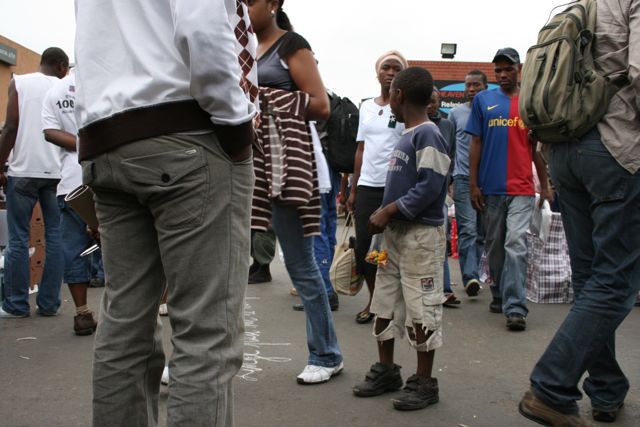
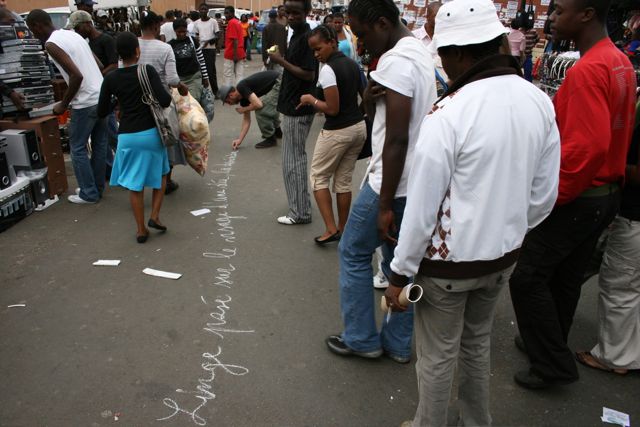
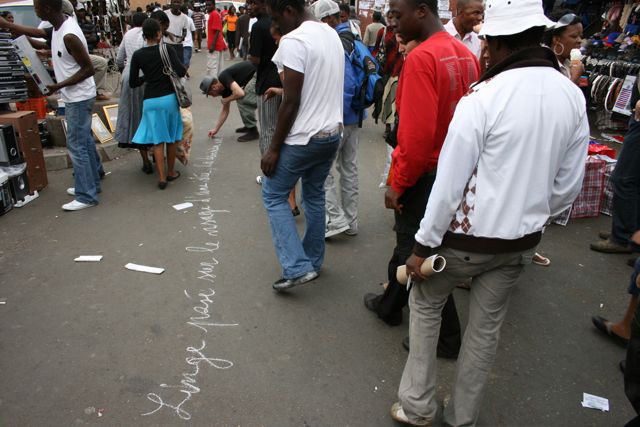
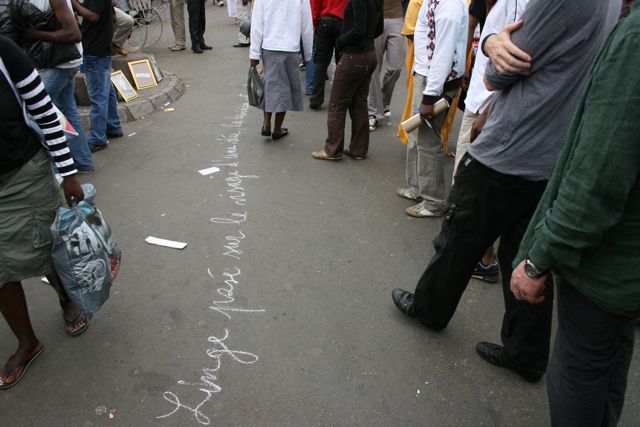
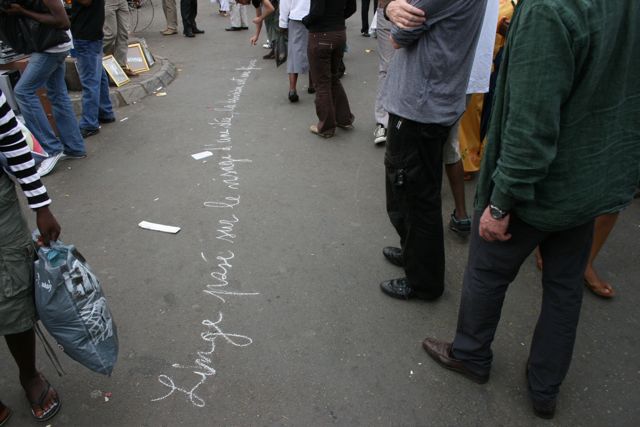



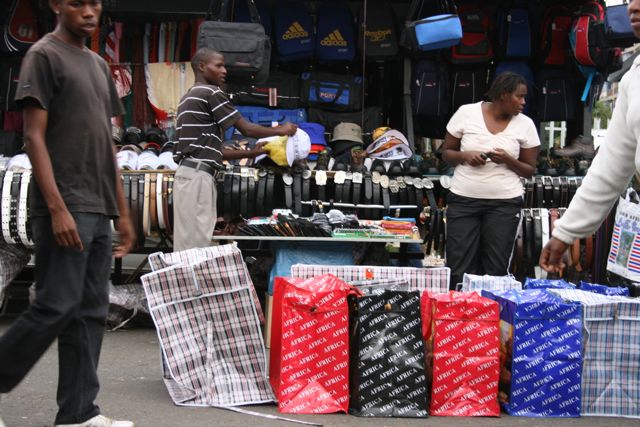
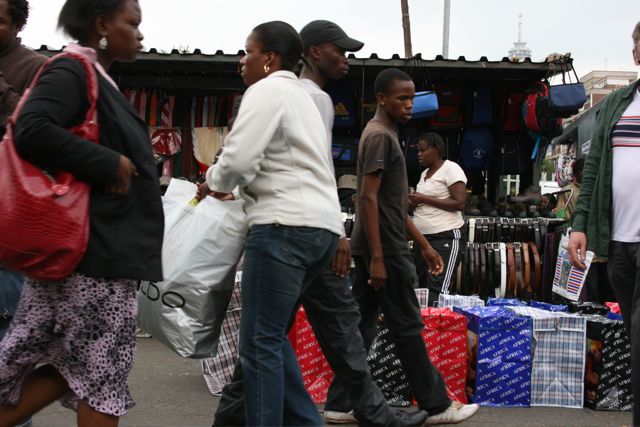
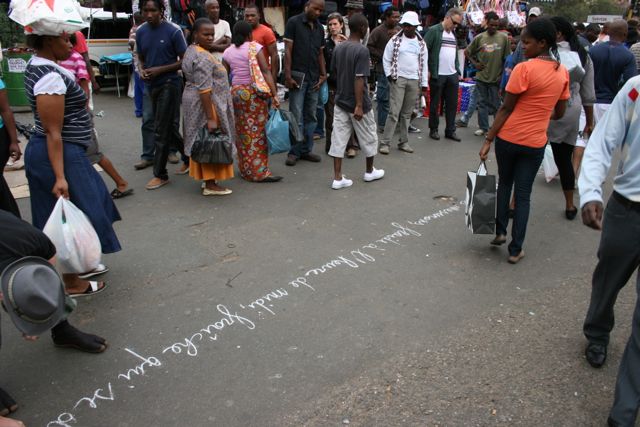
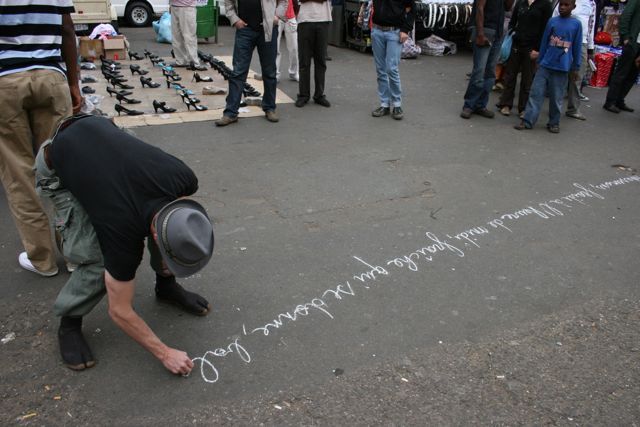
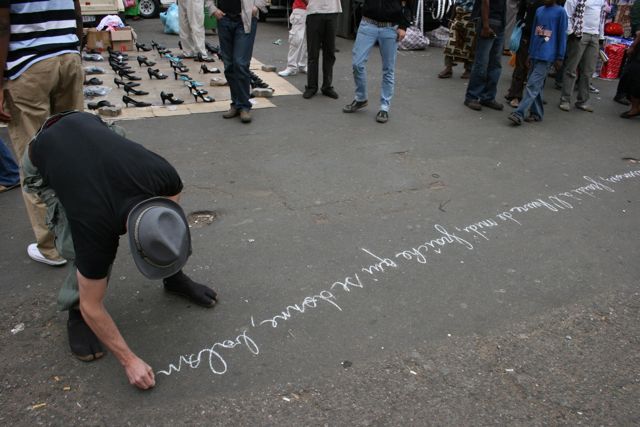
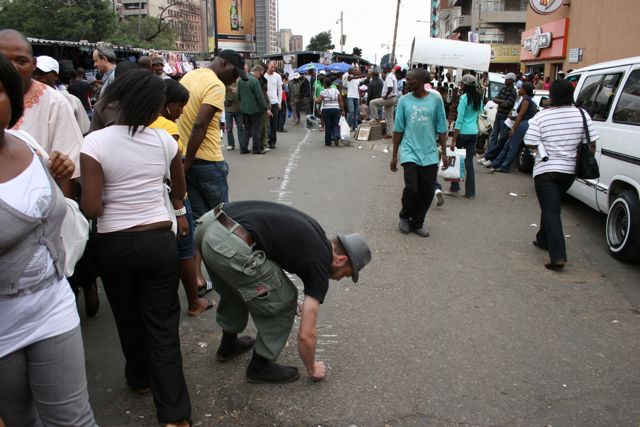
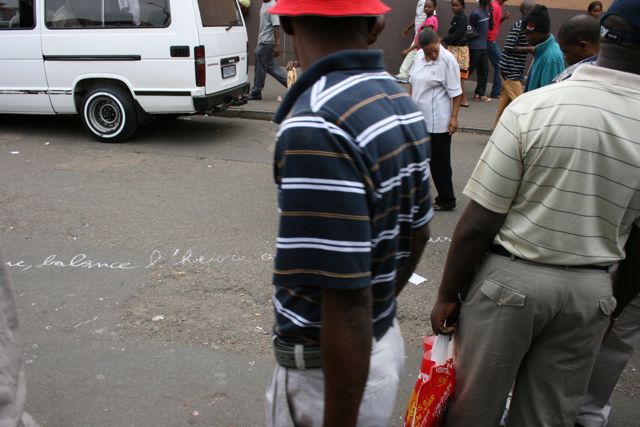
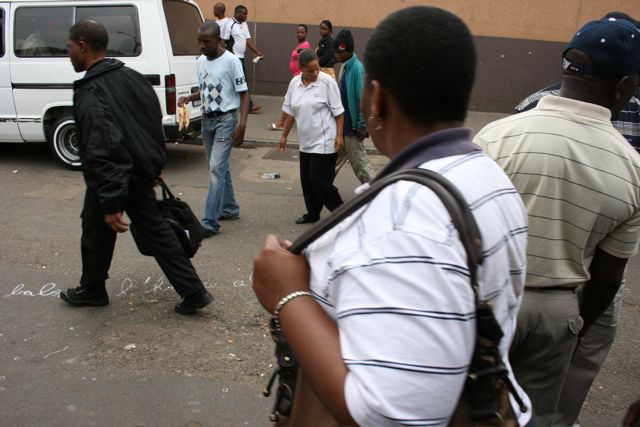
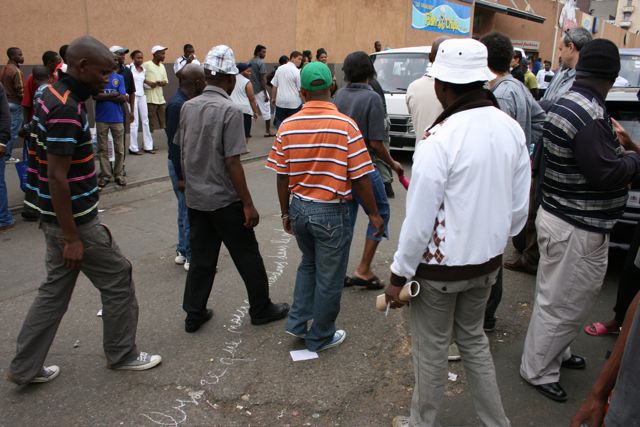
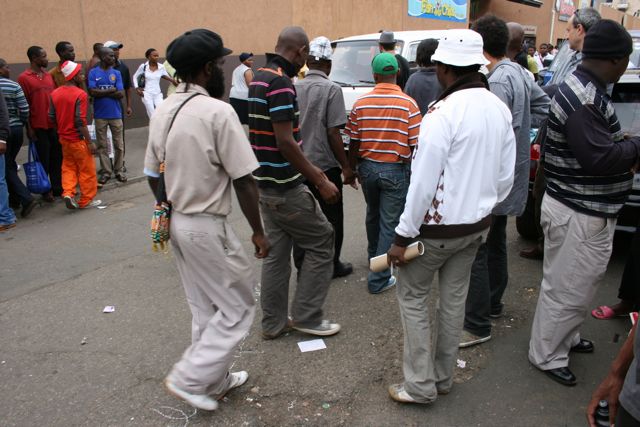
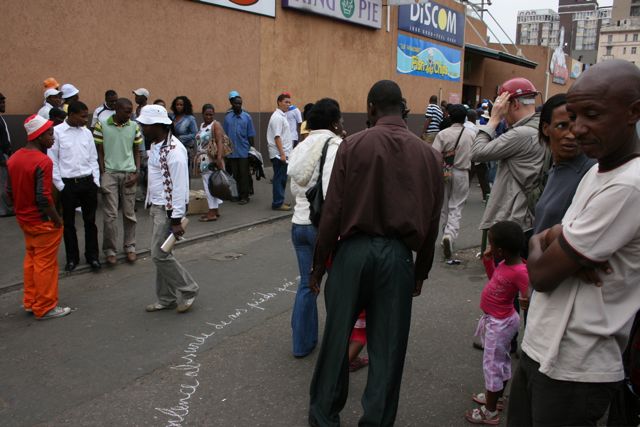
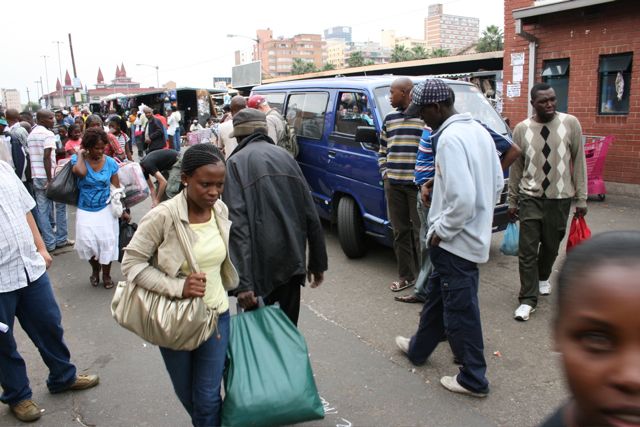
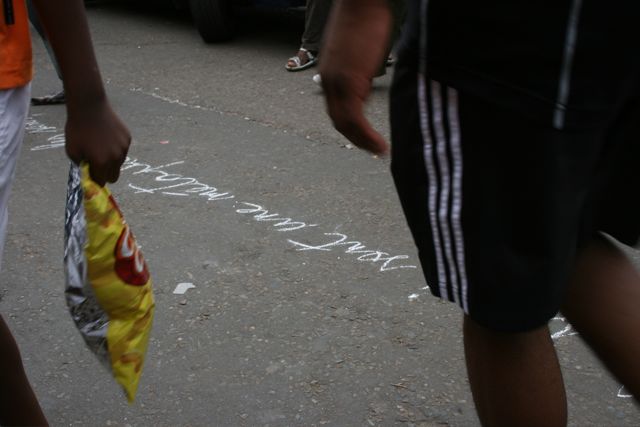
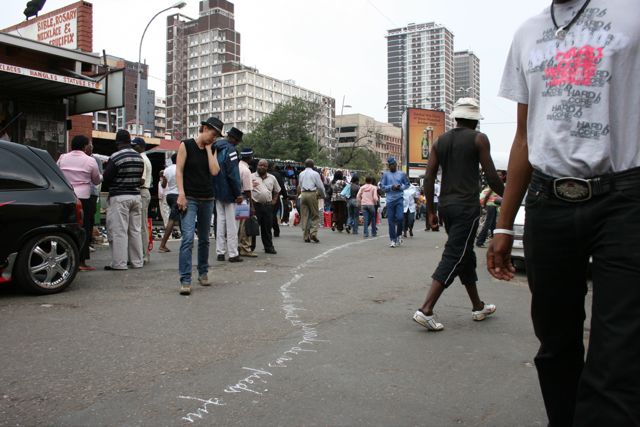
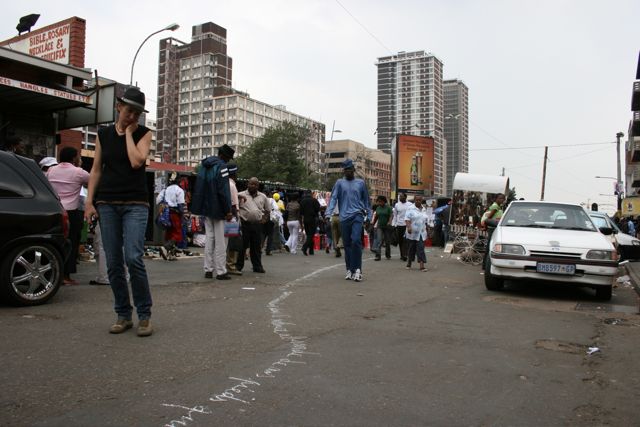

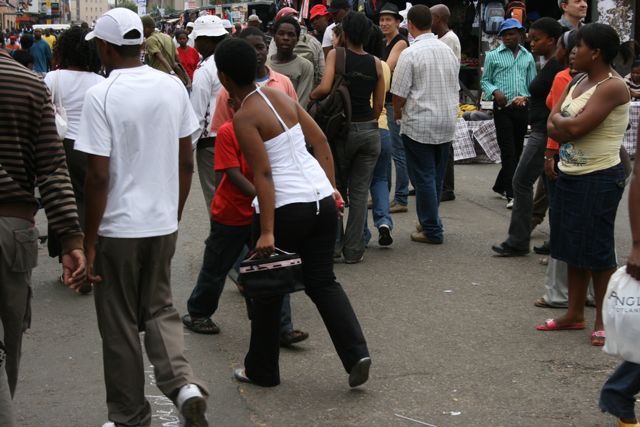
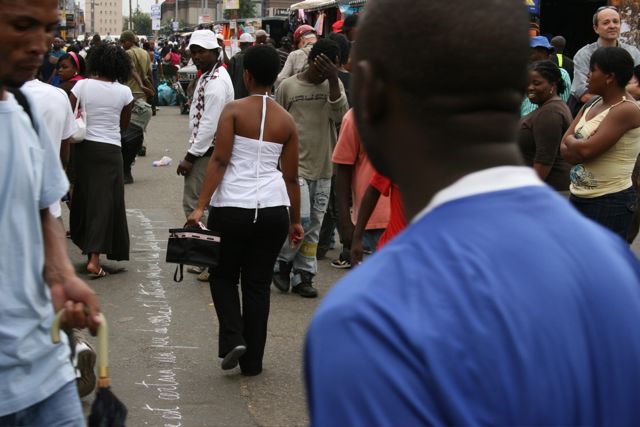
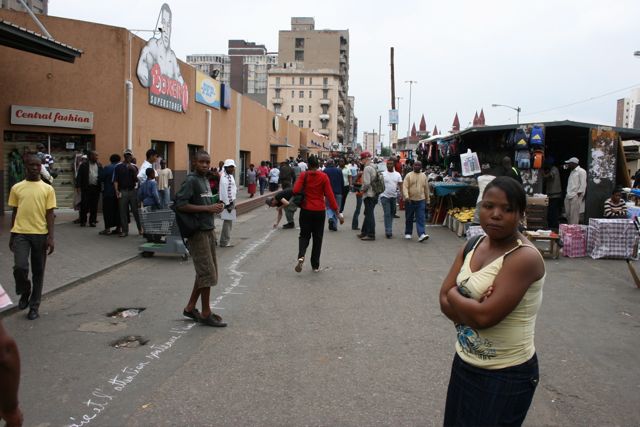




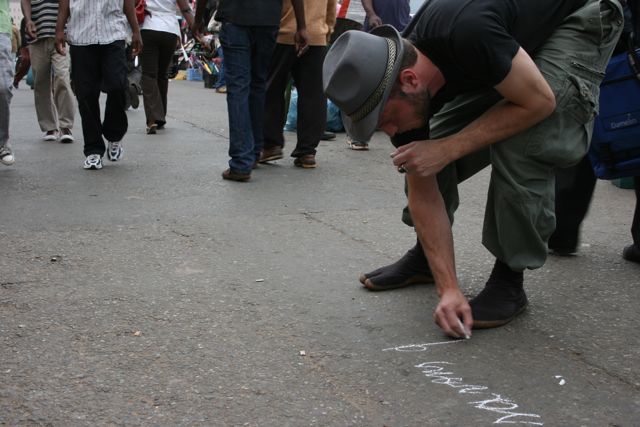

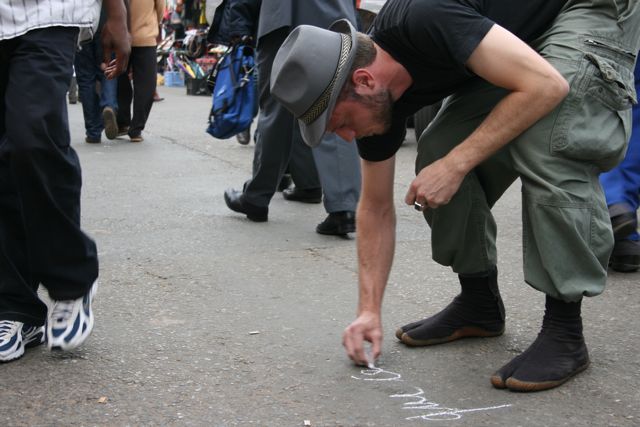
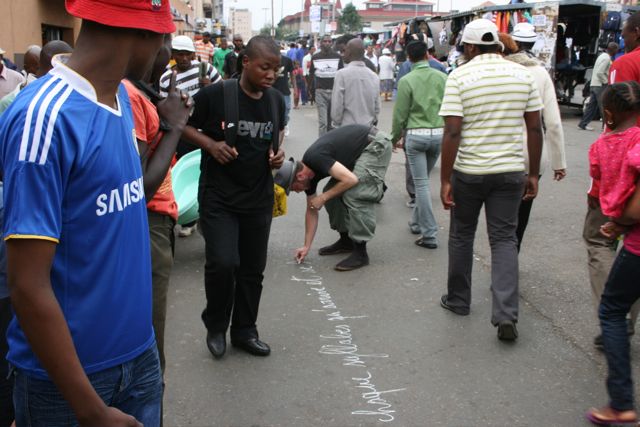
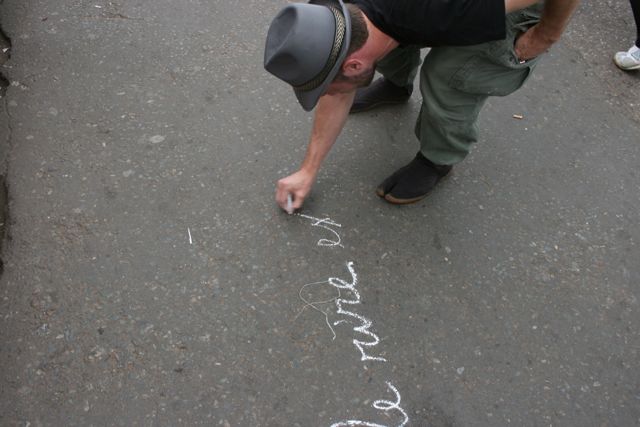
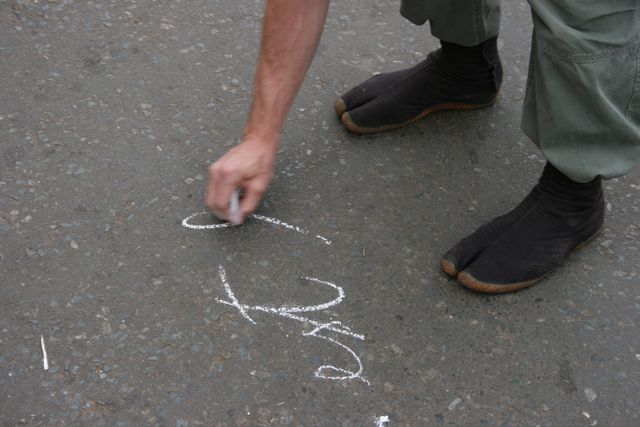
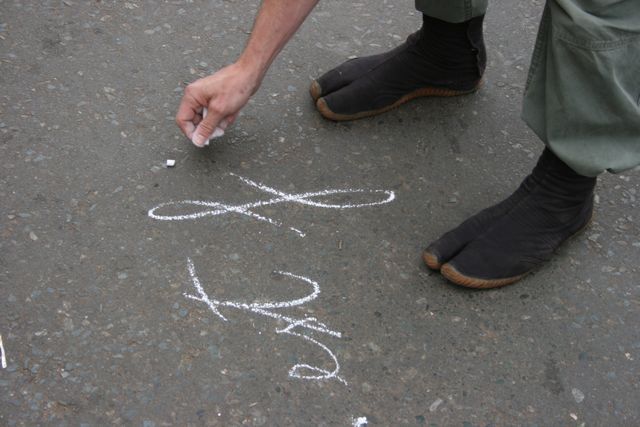
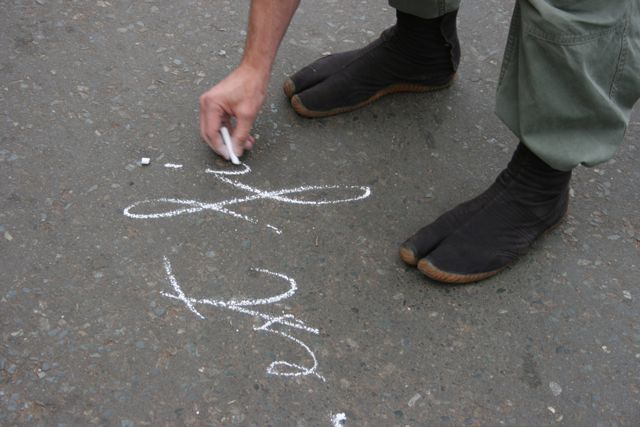
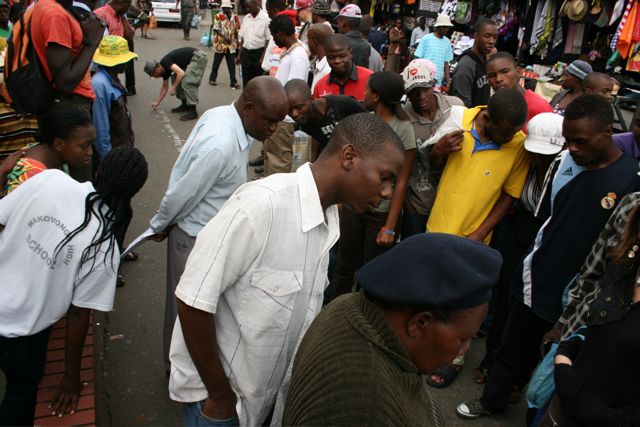
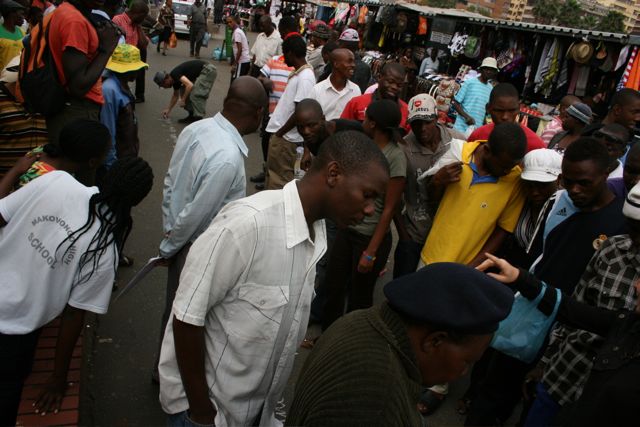
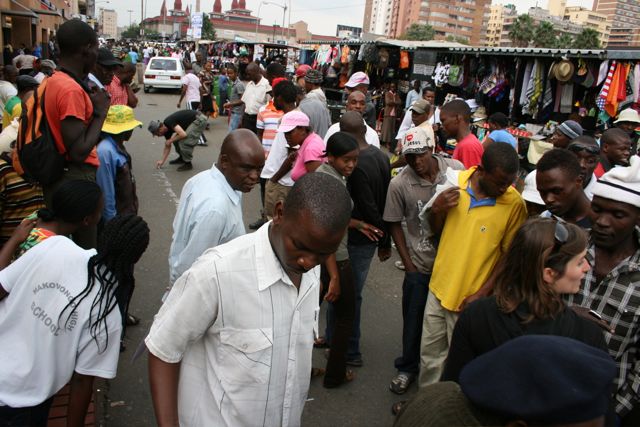


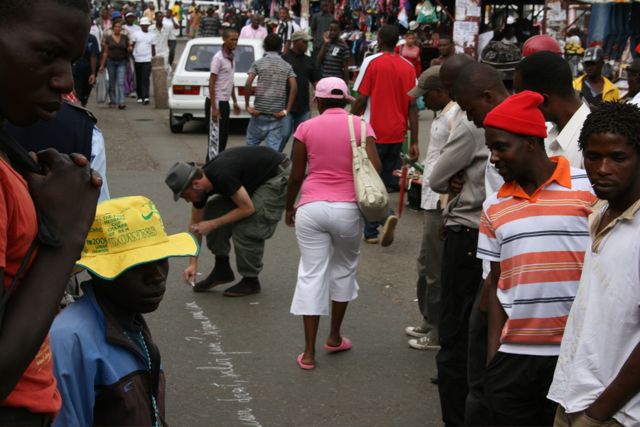

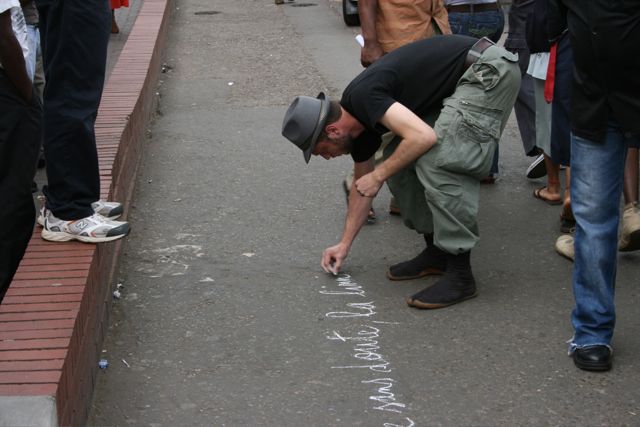


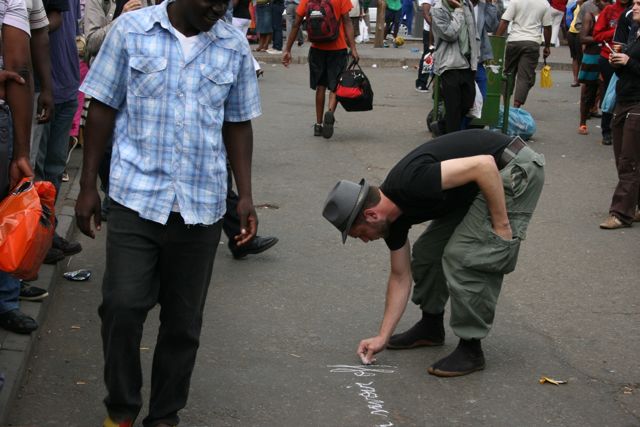

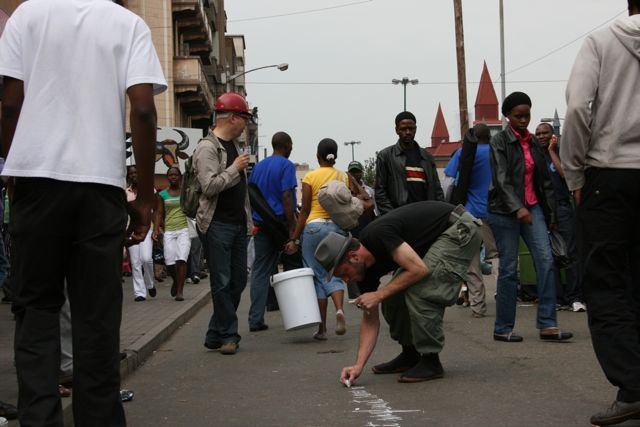
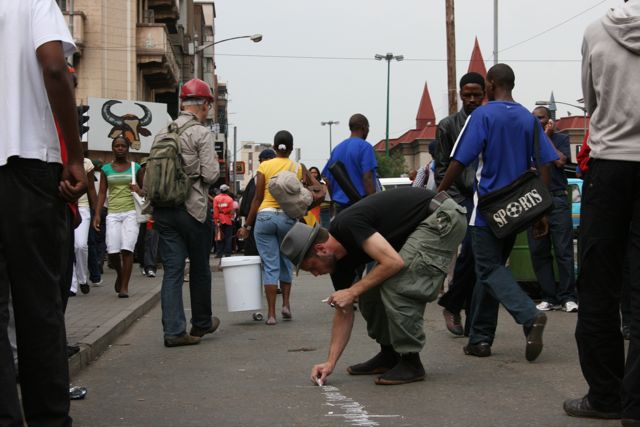

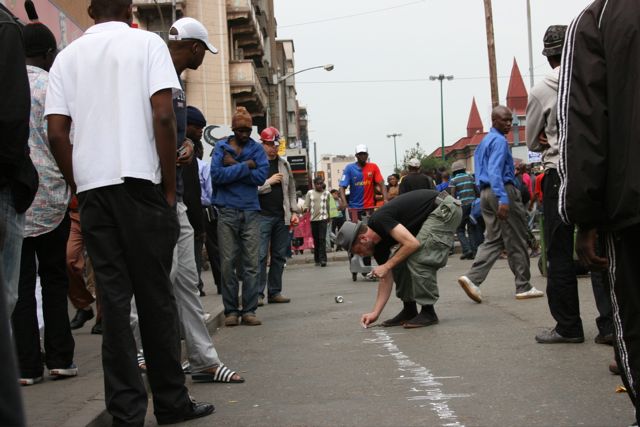
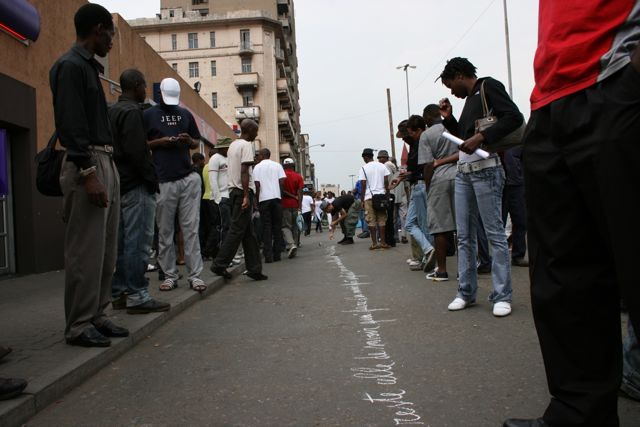
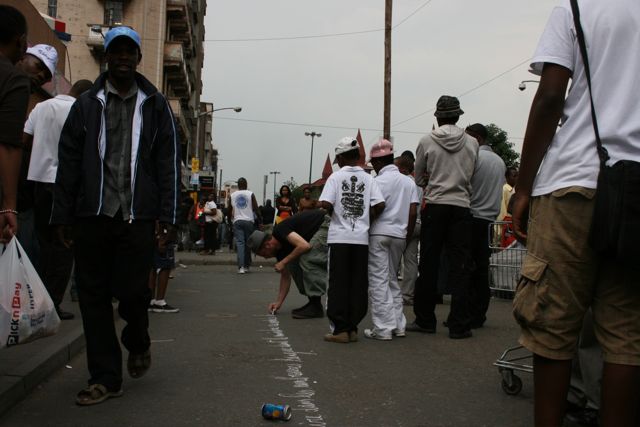
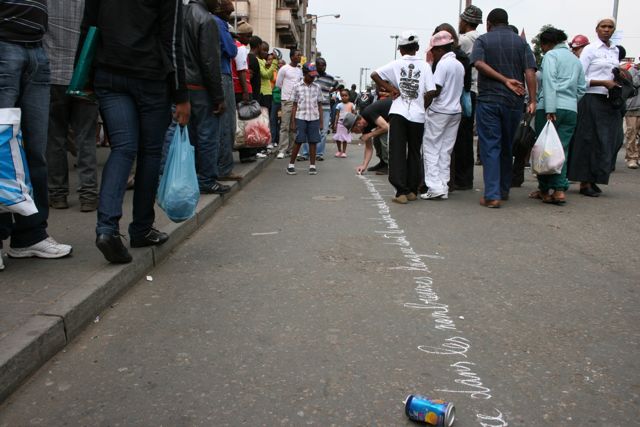
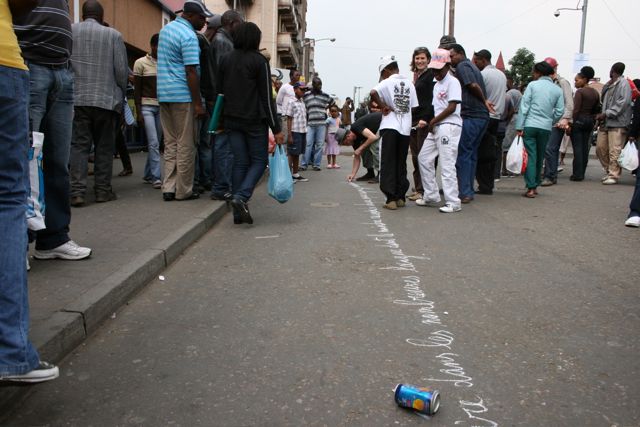


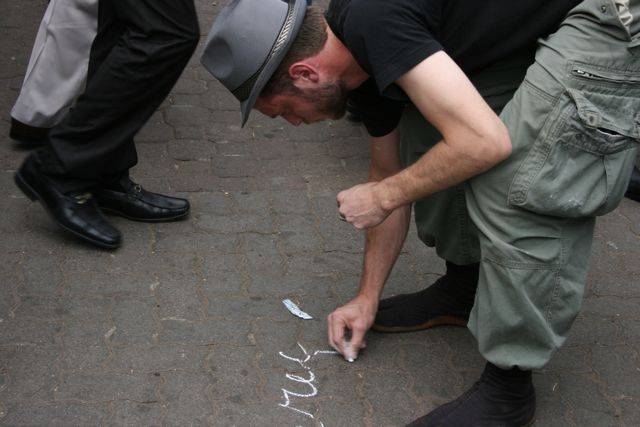


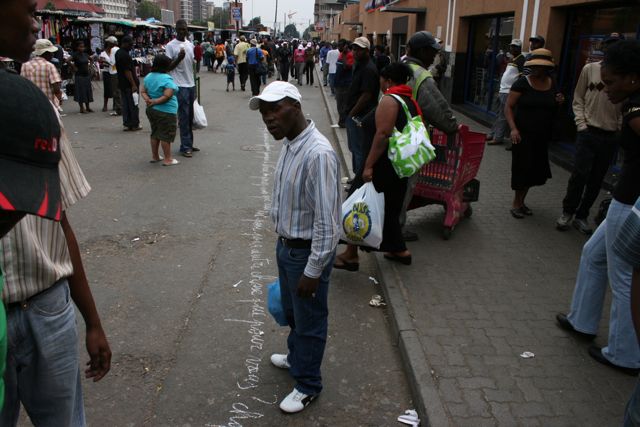


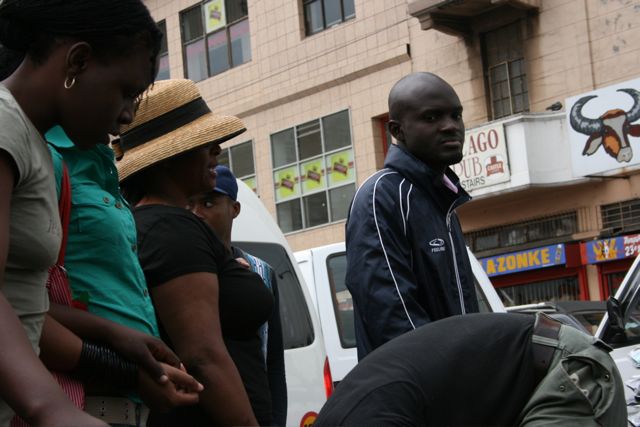
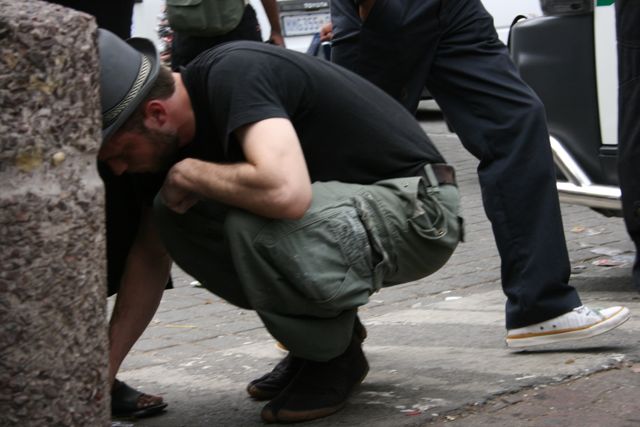
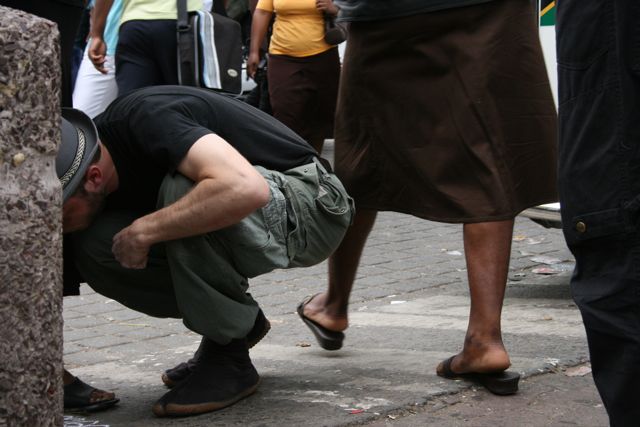

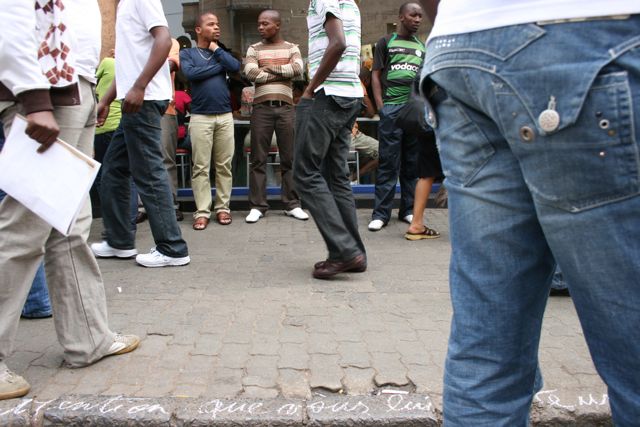
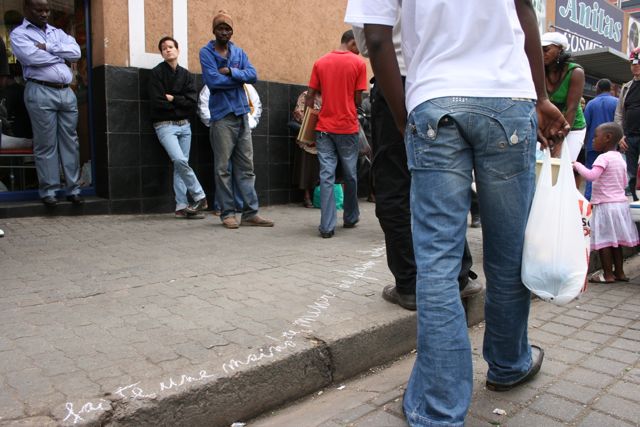
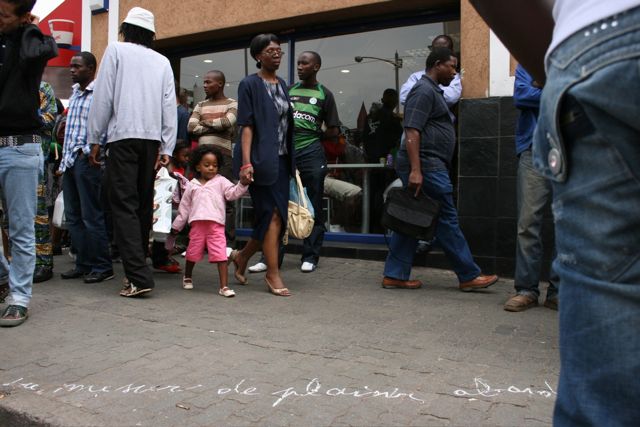
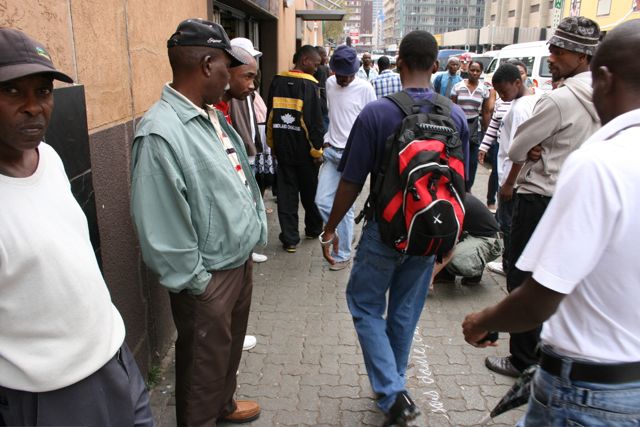
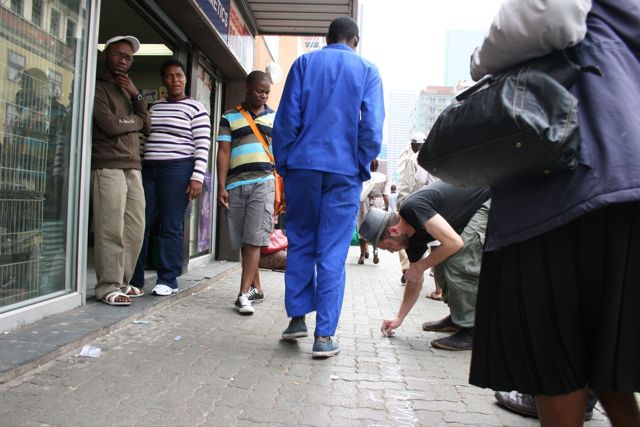

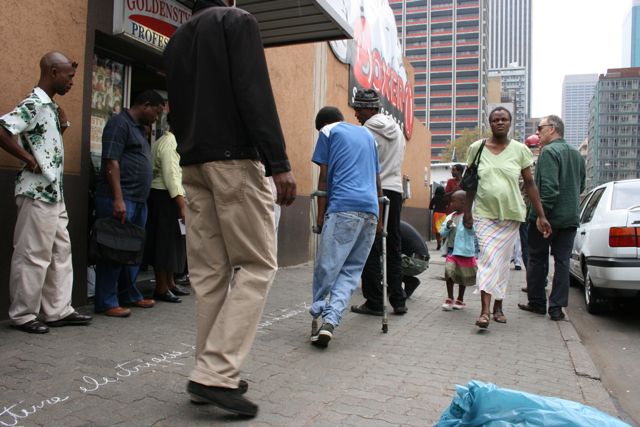




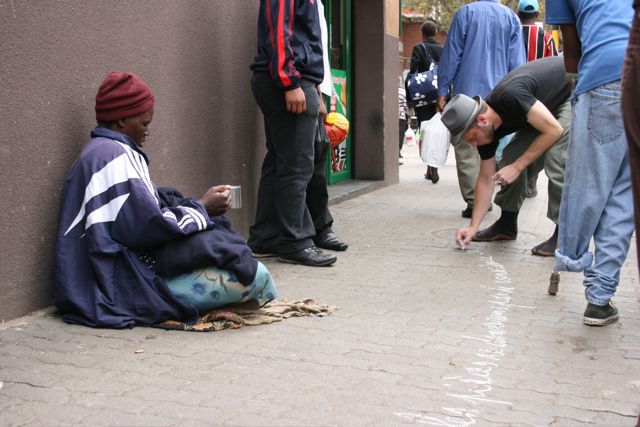
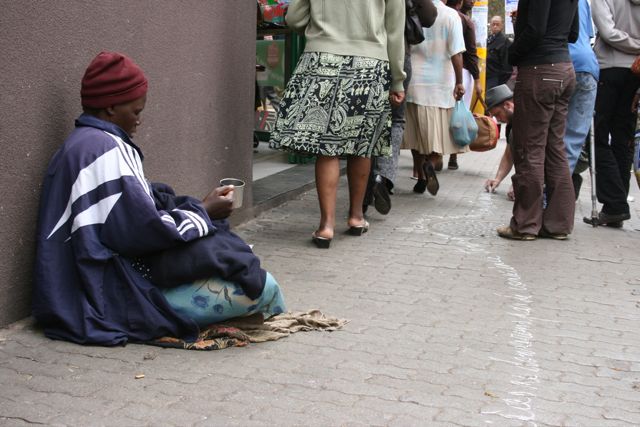
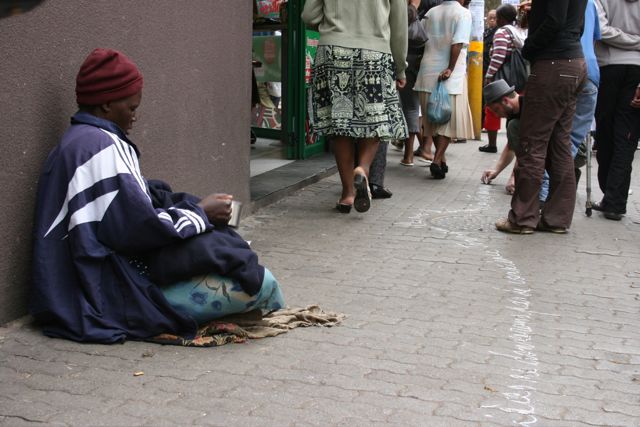

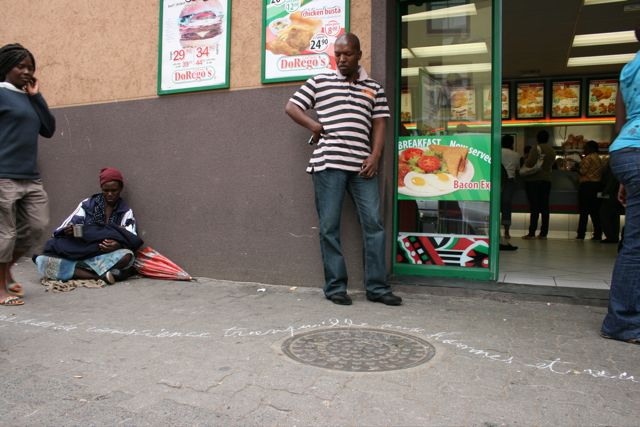
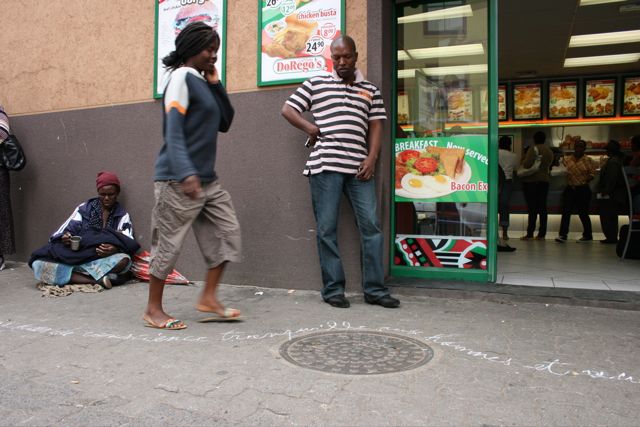
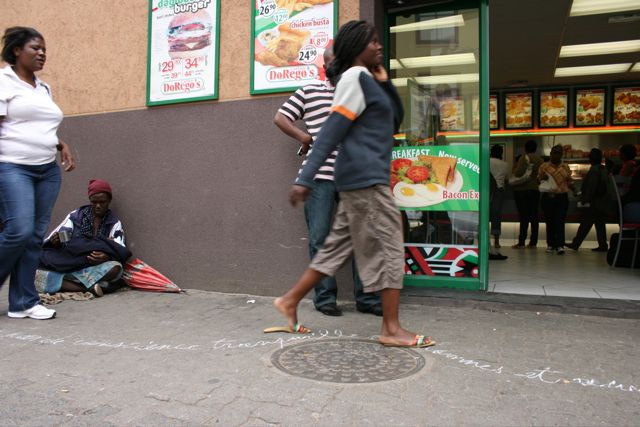
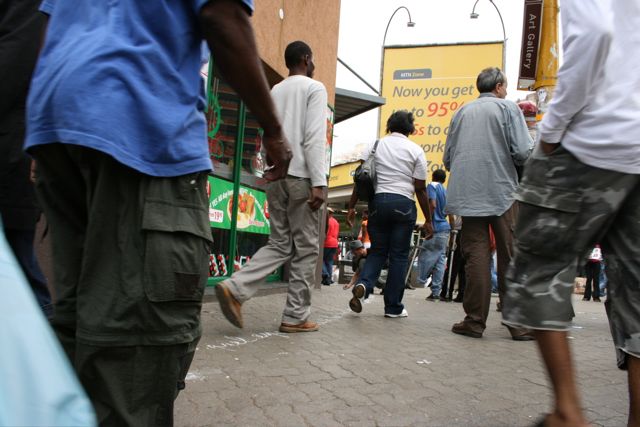

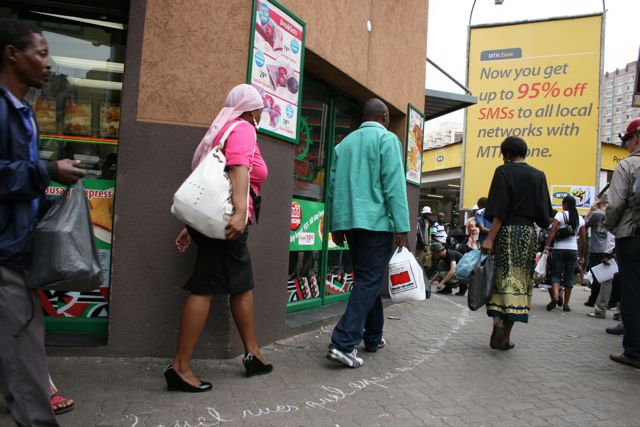
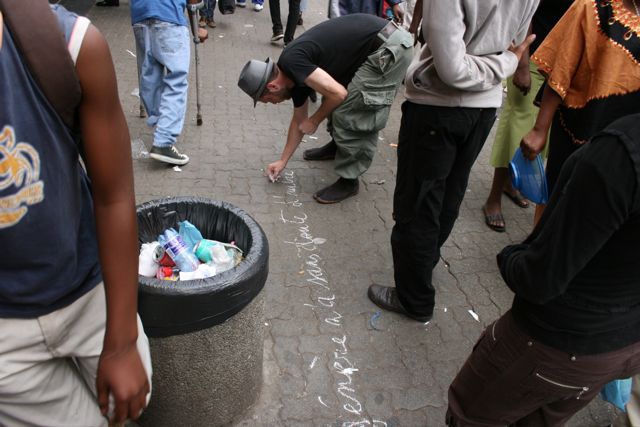

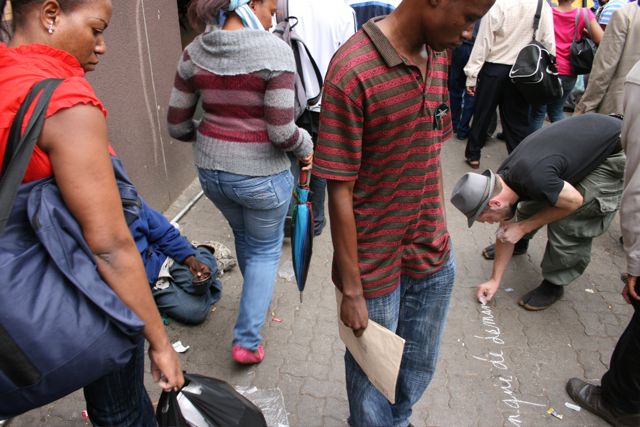

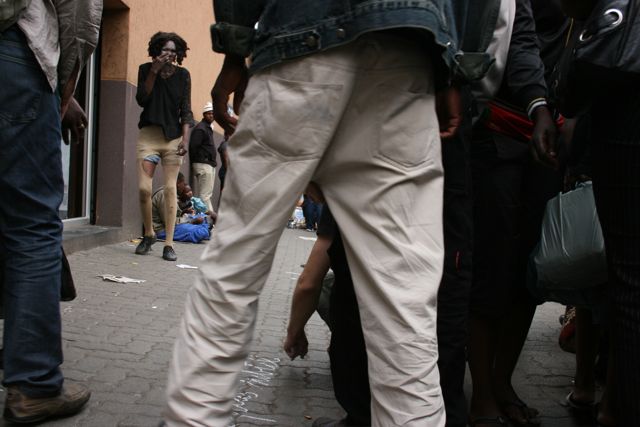

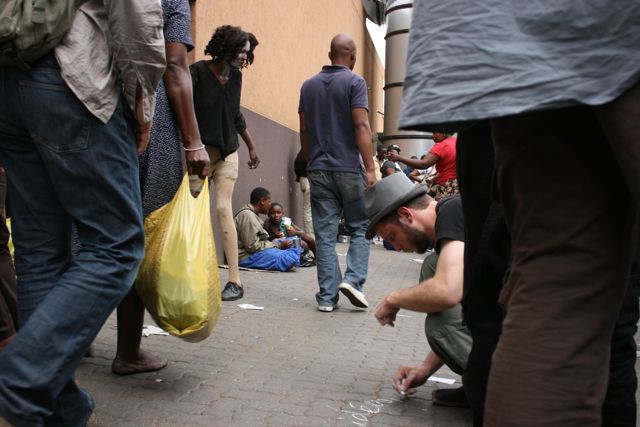
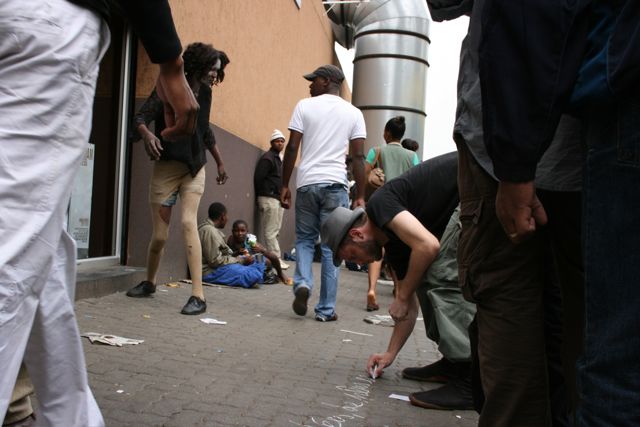


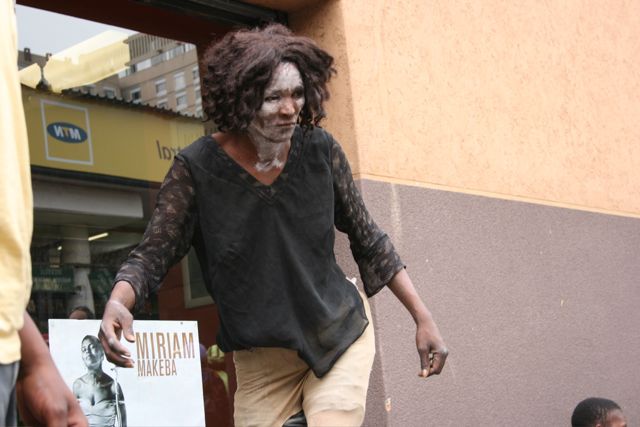
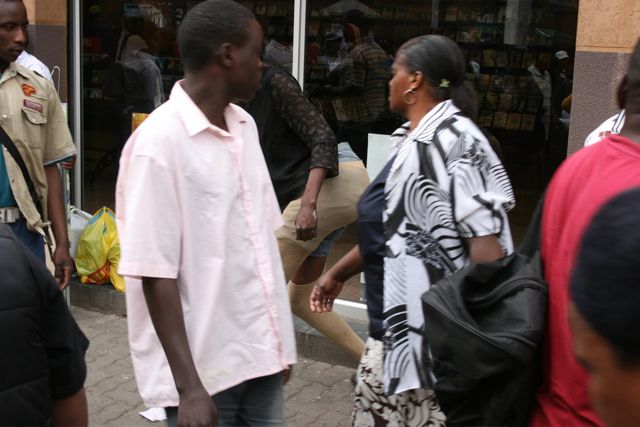
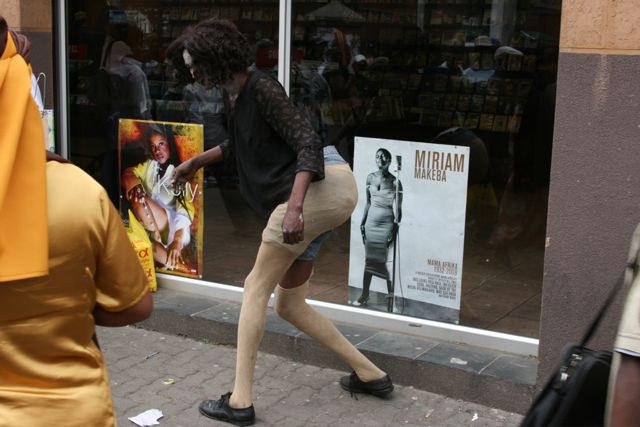
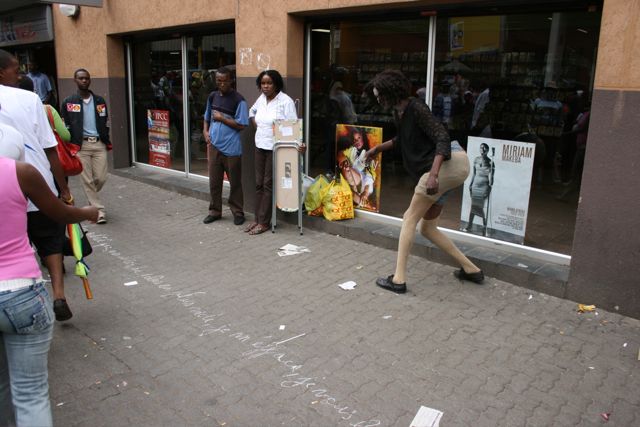
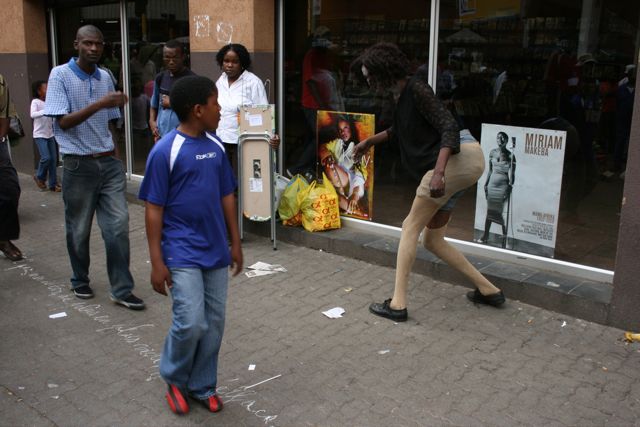

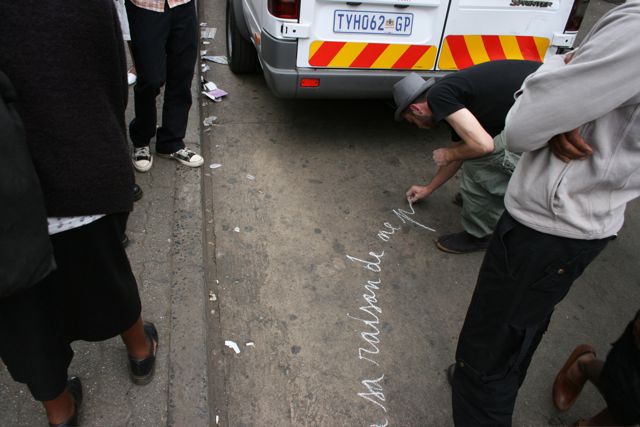

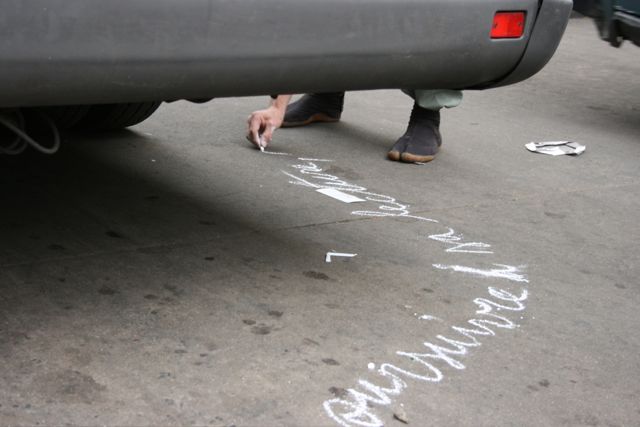
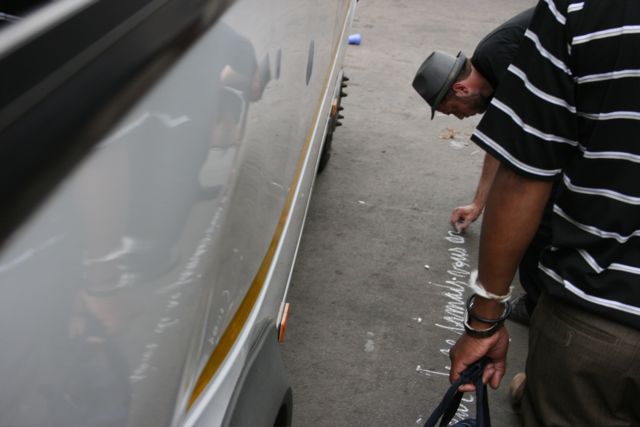
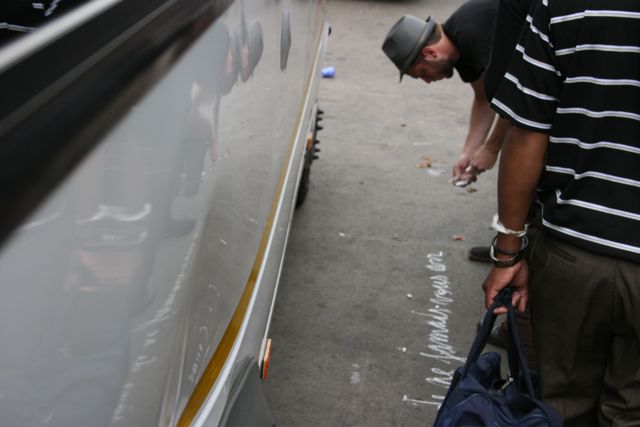

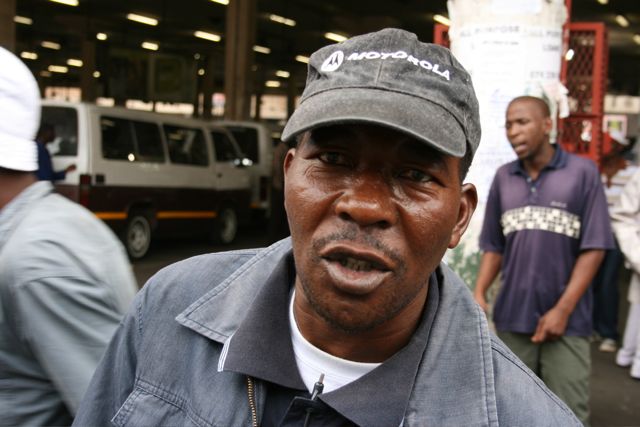
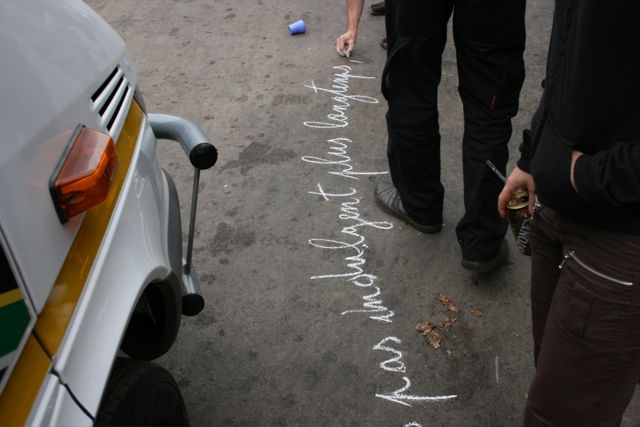
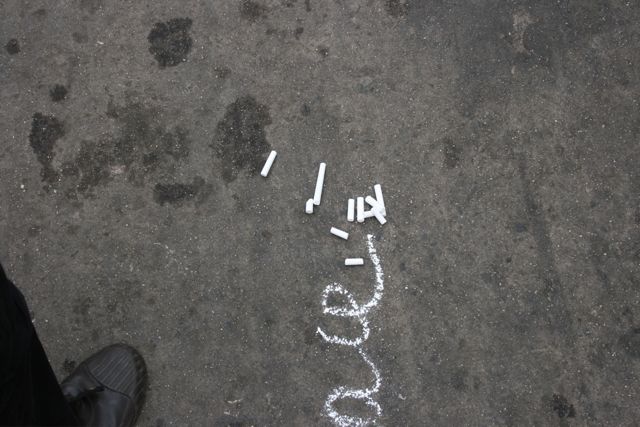

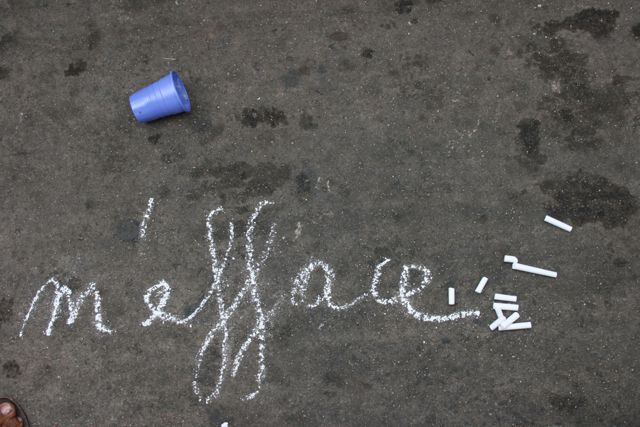
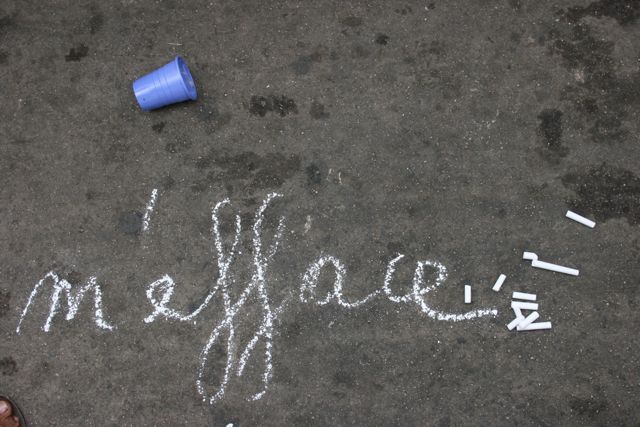
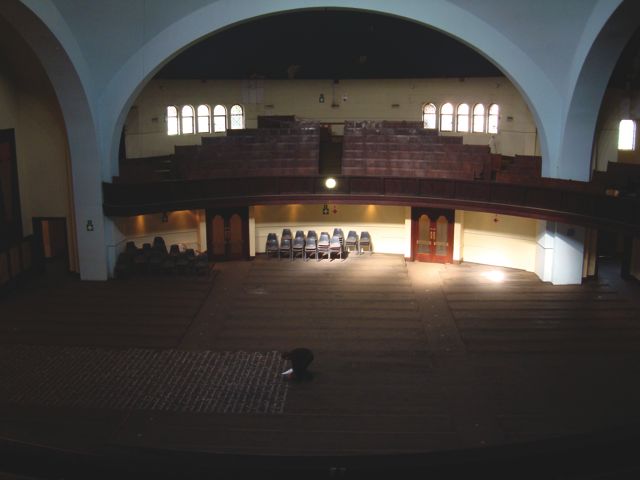
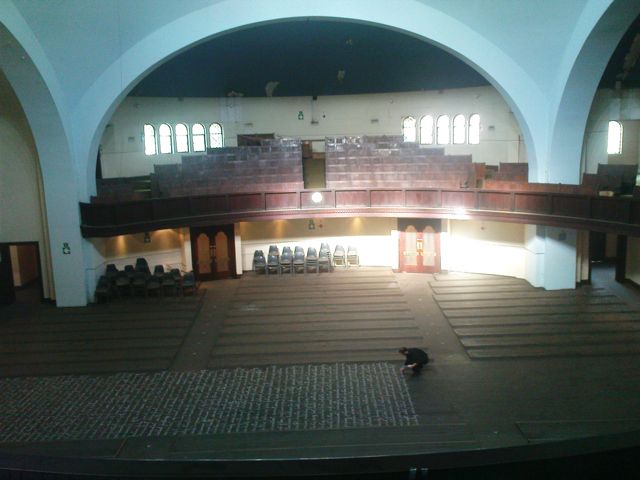
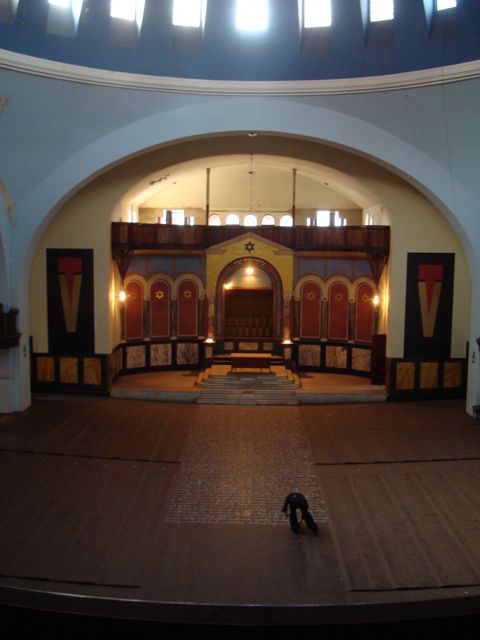
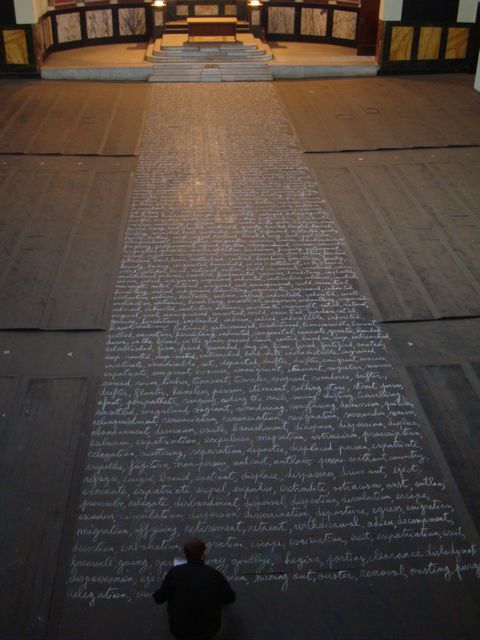
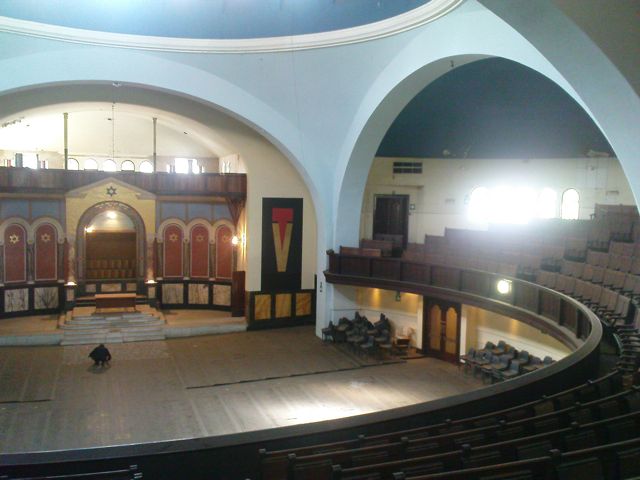
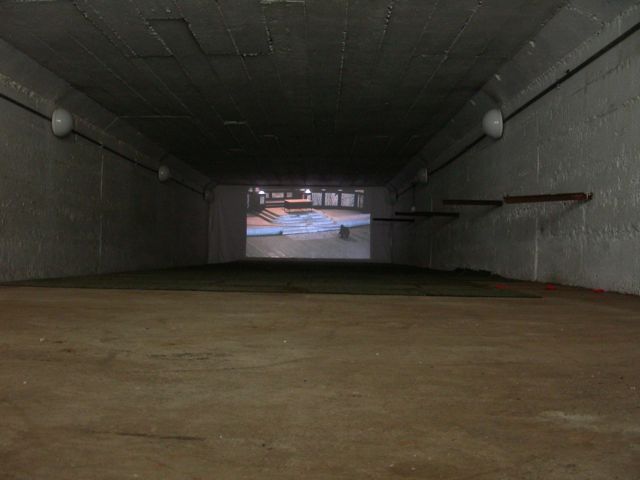
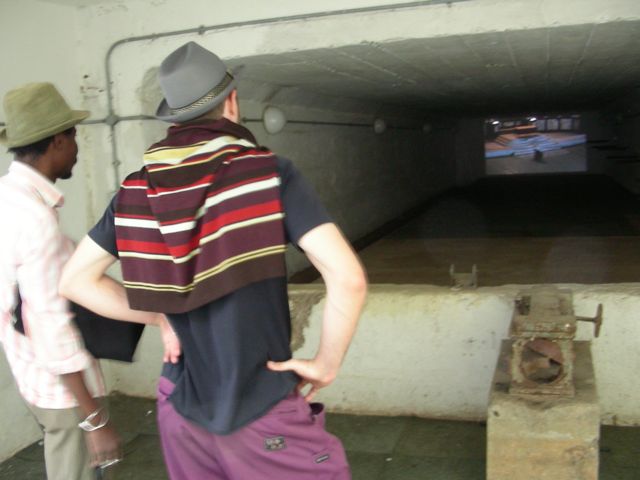
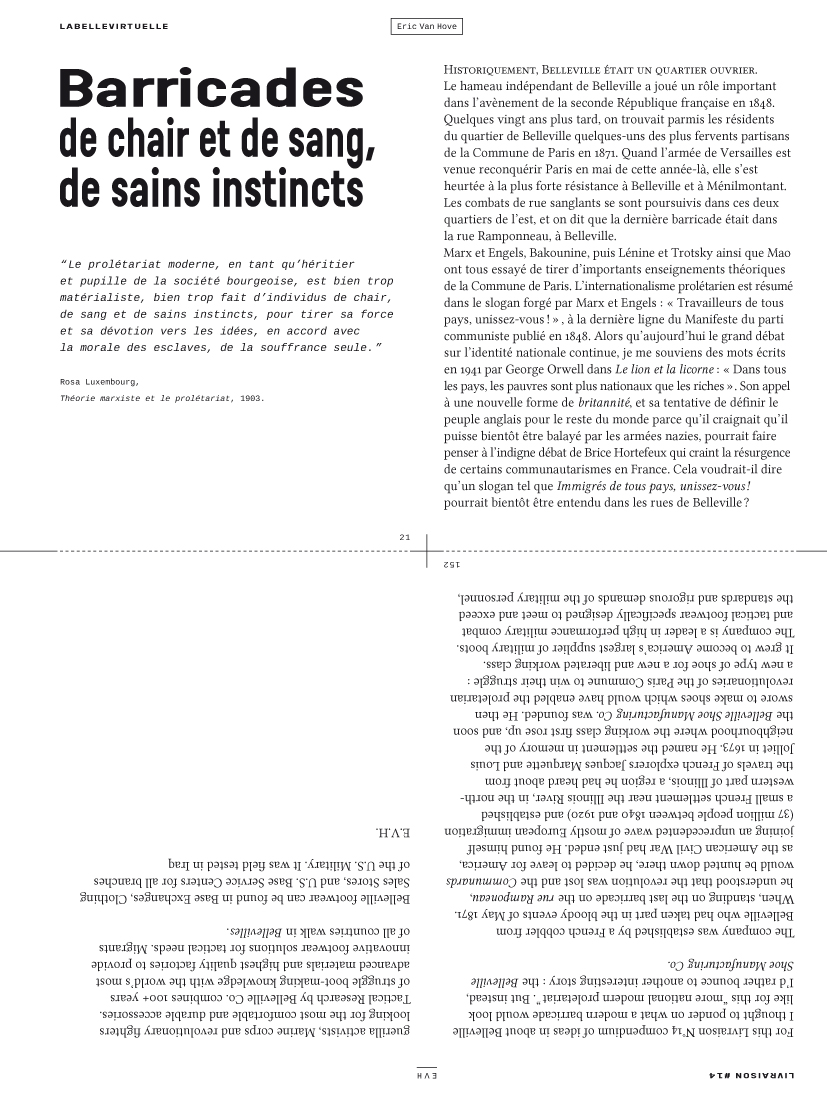
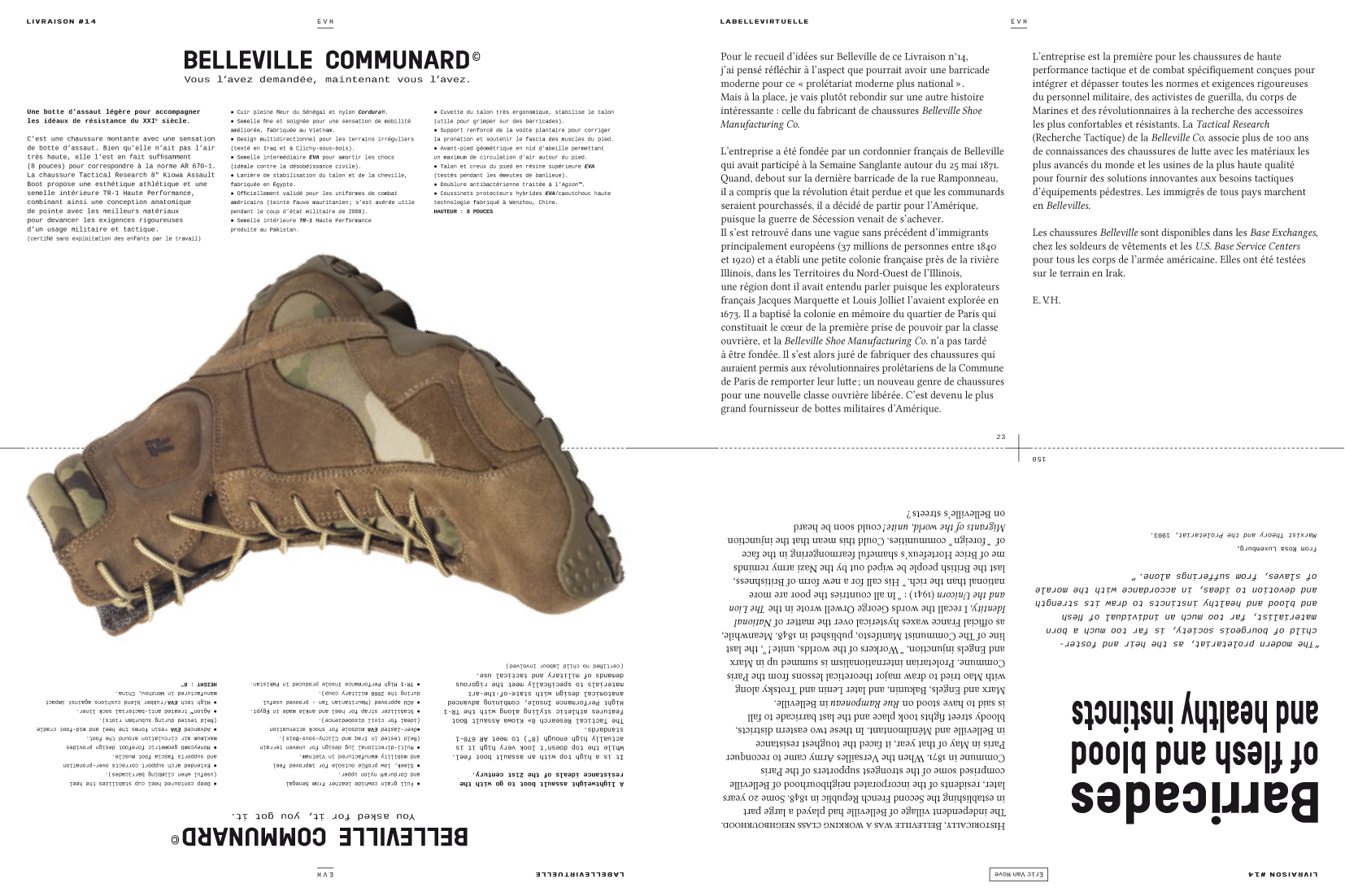
Vous devez être connecté pour poster un commentaire.